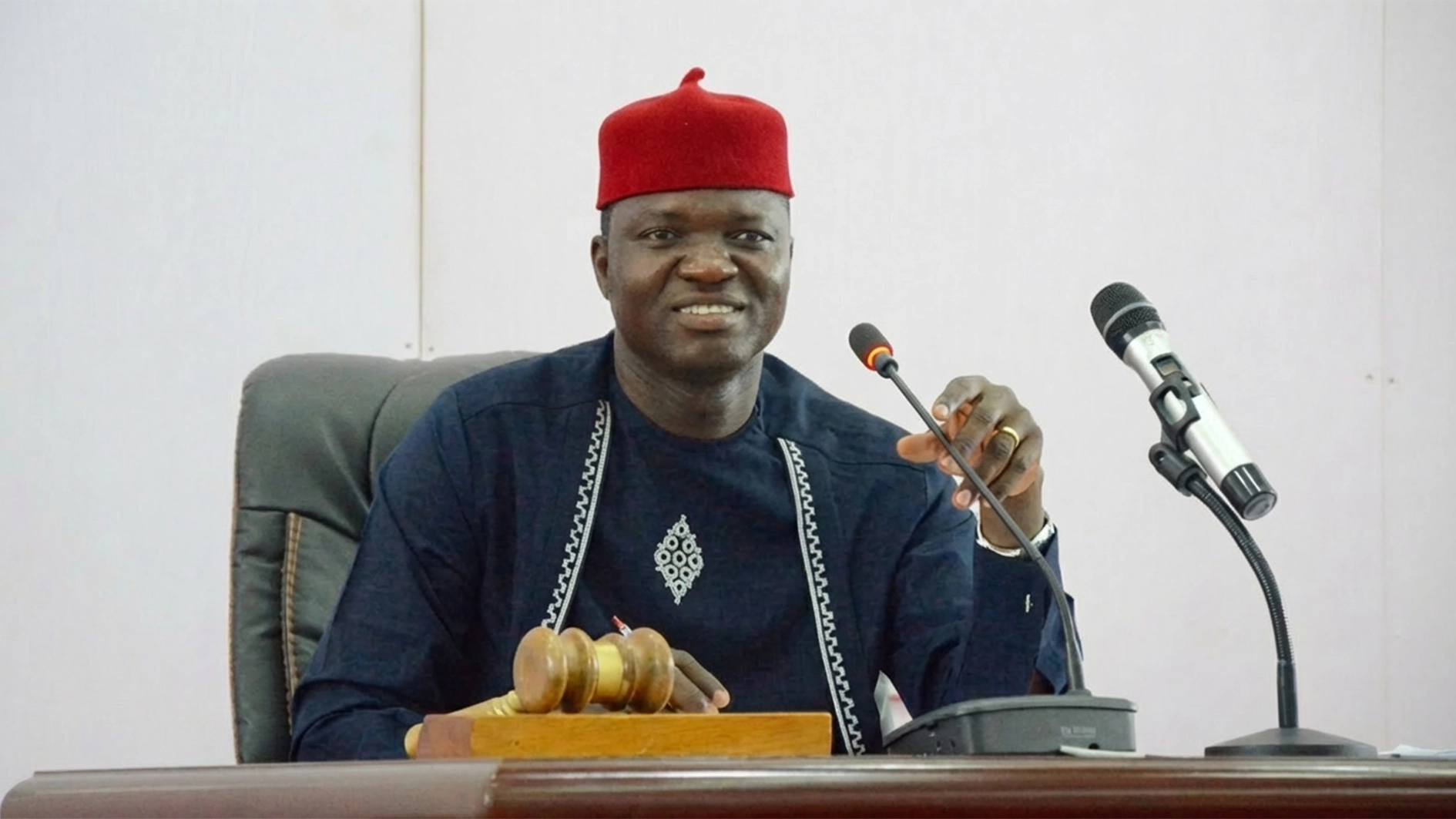Nigeria remains one of the largest borrowers in West Africa, a status driven by rising global interest rates, volatile commodity prices, and weak domestic revenue mobilisation, the Debt Management Office (DMO) said on Tuesday.
Speaking during a panel discussion at the 11th Annual Conference and General Assembly of the West Africa Association of Public Accounts Committees (WAAPAC) in Abuja, DMO Director-General, Patience Oniha, warned that the country’s debt structure is highly exposed to foreign currency risks.
Represented by Deputy Director of Policy Strategy and Risk Management, Maryam Omar, Oniha noted that Nigeria remains one of the largest borrowers in West Africa, alongside Ghana, Côte d’Ivoire, and Senegal.
She attributed rising borrowing costs to global interest rate hikes and tightening monetary policies, which have increased the cost of sourcing funds from both external and domestic markets.
Weak domestic capacity, she added, has compounded the problem.
She said, “Public debt in one country can transmit to others due to regional interconnectivity and global market shocks.
“High interest rates, volatile commodity prices, and uncertain global economic prospects affect the management of debt across the region.”
The DMO official called for robust debt management practices to ensure policy decisions are based on reliable information.
She urged governments in the region to strengthen data systems, especially debt management information systems, while taking advantage of technical support offered by partners such as the Commonwealth Secretariat.
“Our debt structure is highly exposed to foreign currency risk. The volatility of exchange rates means external borrowing carries significant vulnerability. Strengthening revenue sources, transparency, and accountability remains the only sustainable path forward,” she warned
Auditor-General for the Federation, Shaakaa Chira, revealed that as of December 2024, Nigeria’s public debt had climbed to N143.5 trillion, saying that this includes N68.8 trillion external and N74.6 trillion domestic.
He noted that while the figures are still being audited, they illustrate the scale of the fiscal burden facing the country.
Speaking on the role of the Supreme Audit Institution of Nigeria, the Auditor-General said his office is committed to producing evidence-based audit reports that provide the Public Accounts Committee with factual and reliable data.
These reports, he emphasised, serve as the primary source of independent financial analysis on debt, ensuring objectivity in reporting.
“As Auditor-General, I examine compliance with borrowing laws and fiscal responsibility requirements. I assess the sustainability of debt levels and report cases where value is not derived from borrowed funds. Through performance audits, we verify whether the loans contracted deliver tangible benefits to citizens,” he said.
Chira explained that his office provides technical services to Parliament by preparing comprehensive audit reports with dedicated chapters on debt management, publishing findings in timely and accessible formats, and ensuring that misuse or misreporting of debt is exposed to the public.
“We act as the eyes and ears of the Public Accounts Committee,” he said. “By reporting transparently, we build citizen trust and enhance the credibility of debt oversight.”
Chairperson of the Nigeria Union of Journalists (NUJ), FCT Council, Grace Ike, said the media must amplify audit findings and legislative scrutiny to ensure debt accountability is not left to parliament and auditors alone.
“The media acts as an intermediary between parliament, government institutions, and the public. Public awareness is key, and this can only be achieved through information sharing and capacity building,” she said.






